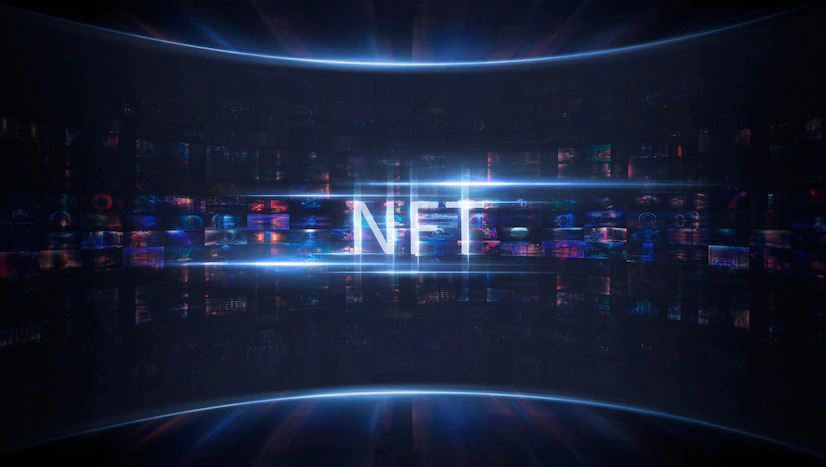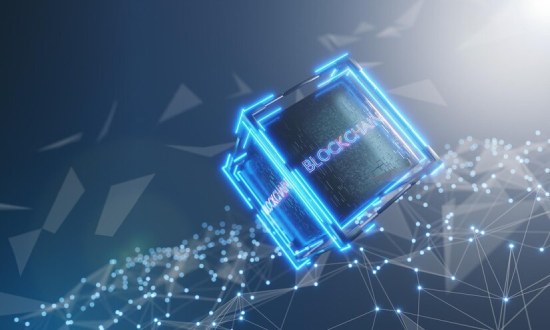-
Different projects have embraced various fundraising strategies as the growing NFT (non-fungible token) world can include additional NFT projects and exclusive NFT drops. The initial NFT offering, or INO, is one such means of raising money. Let's explore the history of initial NFT offerings, what INOs are, and how NFT platforms and projects might profit from them. Also, explore Scaffold, a hub of pre-built NFT solutions, to expedite your process to enter the market for an INO.
The Rise of INO (Initial NFT Offerings)
NFT projects adopted the ICO and IDO principles when NFTs gained popularity and began releasing their initial NFT products (INOs). INOs let projects sell non-fungible tokens in the beginning for a set period.
Initial NFT offerings' one of the many benefits is that they make launching an NFT project relatively simple. INOs are primarily responsible for the NFT sector's quick expansion and the sheer number of NFT projects that are currently offering NFT collections.
INOs also offer superior investment returns and cheaper transaction expenses. The higher investment returns can be attributed to the small number of NFTs that are originally provided in an INO.
Projects can raise funds by selling a collection of NFTs or a group of NFTs on a Launchpad thanks to INOs.
These NFTs are typically limited editions and emphasize scarcity to appeal to investors.
INOs also support fostering a sense of community. The buyer achieves acceptance in a small, tight-knit group by purchasing a rare NFT from an INO's collection. Compared to fungible tokens, NFTs make it easier to identify each bearer.
Also, Read | NFT Staking Platform Development Explained
What is Initial NFT Offering (INO)
An initial NFT offering, or “INO,” is a new cryptocurrency crowdfunding innovation based on the concept of an initial coin offering (ICO). It entails selling a limited edition set of NFTs through an INO Launchpad. As the NFT business evolves, the number of INOs rises as a way to incentivize and reward investors and communities.
For a limited time, an initial NFT offering consists of providing a set of first-generation NFTs, or genesis NFTs. As a result, the initial NFT offering allows participating investors to benefit from the NFTs' intrinsic supply constraint.
Initial NFT offerings address many of the issues that makers and artists selling collectibles and art NFTs face. Through decentralized platforms, anyone can issue limited edition NFTs with the benefits of immediate liquidity and lower listing costs.
Explore | Social Media NFT Marketplace Development Guide
How does an INO (Initial NFT Offering) Work
The community is given technical documentation, plans, and roadmaps by creators and upcoming initiatives. It is a fantastic chance for creators to advertise their NFTs-related work.
While listing their projects. NFT initiate producers would use a first-come-first-serve or lottery mechanism. It helps to equitably distribute their NFTs and increase community interaction.
Depending on how many source crypto tokens a user has in their possession, NFT launchpads give them access to NFTs. They encourage users to invest in native cryptocurrency tokens so they can receive allocations from prospective NFTs initiatives. Users at the top tiers receive highly uncommon and sought-after NFTs for each project from the initial NFT offerings.
On the launchpad, creators would launch NFTs with various rarities, burning durations, and unique staking pools. On some NFT launchpads, the staking benefit is distributed between the NFTs' founders and owners.
Anyone can use some of the decentralized platforms to create and issue a limited edition of NFTs. A larger audience can notice NFT projects due to the initial NFT services. Many artists require additional funding to complete their works. Every artist can raise the required finances using INO.
Also, Visit | Fractional Real Estate NFTs: The Next Wave of NFTs
What makes Initial NFT Offering Unique
Effortless Launching of NFT Projects
Anyone can issue limited edition NFTs through initial NFT offerings on a decentralized NFT launchpad platform. Everyone can have their ideas, no matter how big or small, noticed by a bigger audience with the support of INO.
Many artists are still working on their masterpieces and require new financing to finish them. Any artist can raise the required finances before creating initial NFT offerings.
Early Community Development
The community can vote for the most promising INO projects to be listed on the platforms and get rewarded using NFT launchpads. Potential investors get encouraged to research the NFT projects as a result of the exposure. A platform would also provide active users and token owners with access to special NFT project launches.
The technique enables developers to establish an early investor and trading community around the NFT project. It is an exceptional chance to lessen the barrier to entry for developing resource-intensive NFT initiatives.
Decreased Transaction Costs
An initial NFT offering reduces the transaction costs that creators and investors must pay by using a blockchain platform similar to Solana.
Greater Returns on Investment
Initial NFT offering gives interested investors the ability to profit from the NFTs' innate supply constraint.
You may also like | NFT Smart Contracts | Applications You Must Know
Selecting an Appropriate Blockchain for INO (Initial NFT Offering)
Several concerns and challenges need to be resolved before NFTs are widely adopted by artists and creators.
The Ethereum blockchain includes the majority of NFTs. It's important to note that various blockchains are creating their own NFT implementations, like the Binance Smart Chain (BSC), Solana, Flow, and Tron.
Scalability is one of the key factors to take into account when deciding which blockchain to use for NFT applications. Some people could find it challenging for the Ethereum blockchain to serve mainstream creators given the cost of gas fees. On the Ethereum blockchain, minting NFTs can be expensive and time-consuming.
Additionally, the transaction costs associated with purchasing an NFT may put off supporters and investors.
Blockchains are the ideal platform for NFT initiatives because they enable network speed optimization. It ought to increase security and process efficiency.
Also, Read | NFT Wallet Development | Essential Aspects to Consider
The interoperability would be a future benefit for the appropriate blockchain for NFTs. Simply, can an NFT easily transition from one chain to another?
NFTs based on Ethereum are currently limited to the Ethereum blockchain. As a result, the NFT sector would place a high priority on the development of interoperability, with blockchains enabling NFT cross-chain migration. This will encourage more personal user social interaction and a thriving, natural community for NFT initiatives.
Connect with our skilled blockchain and NFT developers to understand how to get started with an initial NFT offering project.

Our Offices
INDIA
Emaar Digital Greens, Sector 61,
Gurugram, Haryana
122011.
Welldone Tech Park,
Sector 48, Sohna road,
Gurugram, Haryana
122018.















